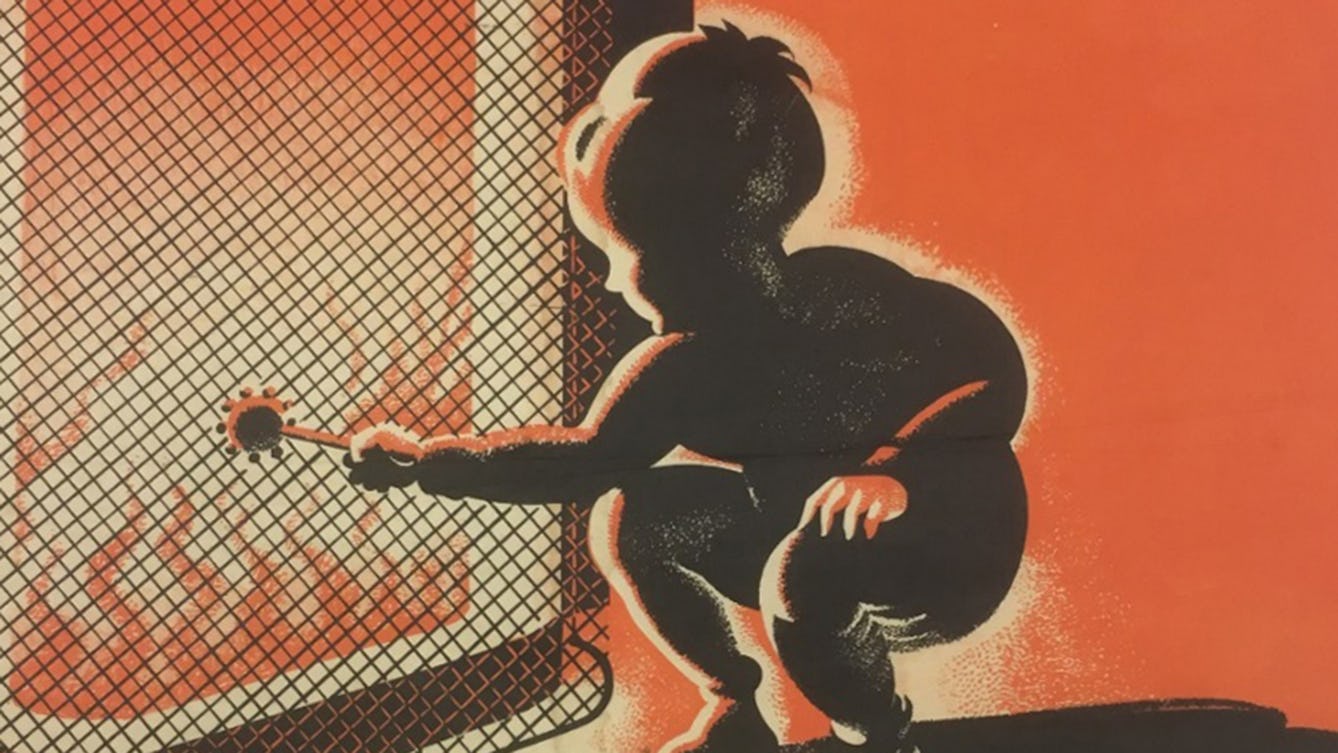
- Article
- Article
Children in burns prevention campaigns
Whose responsibility is it to prevent accidental burns and scalds in the home? Shane Ewen’s research shows that it’s everyone’s concern.

- Article
- Article
The quest to breed gifted children
If you had the chance, would you choose a genius baby?

- Article
- Article
The unearthly children of science fiction’s Cold War
In the 1950s a new figure emerged in British novels, film and television: a disturbing young alien that revealed postwar society’s fear of the unruly power of teenagers.

- Article
- Article
How we bury our children
Following her baby daughter’s funeral, Wendy Pratt found that visiting the grave gave her a way to carry out physical acts of caring for her child. Here she considers how parents’ nurturing instincts live on after a child’s death.

- Article
- Article
Having children as a fat woman
When she sought fertility advice, and at antenatal appointments, Ellie Levenson found that medics were openly anti-fat. Only years later can she evaluate the true repercussions of their words and actions.
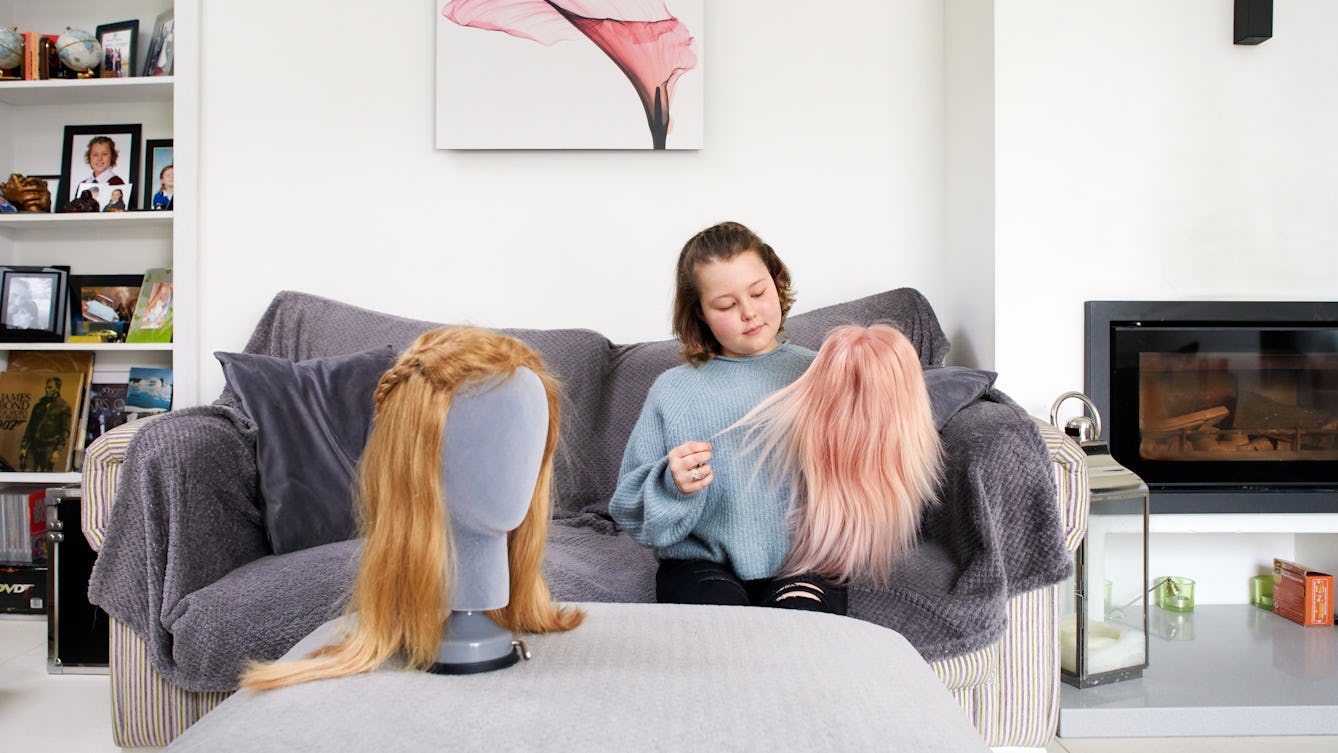
- Photo story
- Photo story
How wigs help children handle hair loss
For young people who lose their hair during cancer treatment, a wig can make them feel normal again. Carmel King photographs some of the processes and people involved with a charity providing beautiful human-hair wigs for kids.
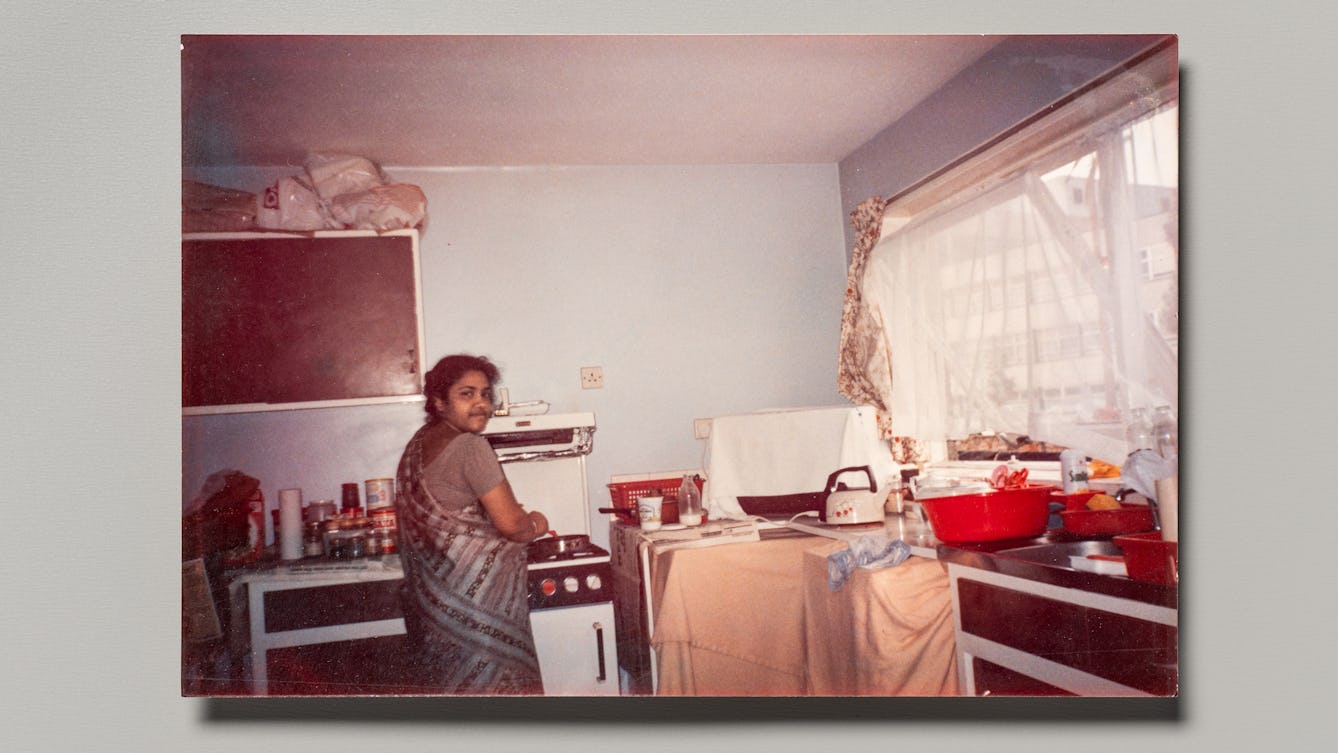
- Article
- Article
Doctor in the house
A house is not always a home – sometimes it’s impermanent, impersonal. But other aspects of the itinerant life can be the source of a sense of home.
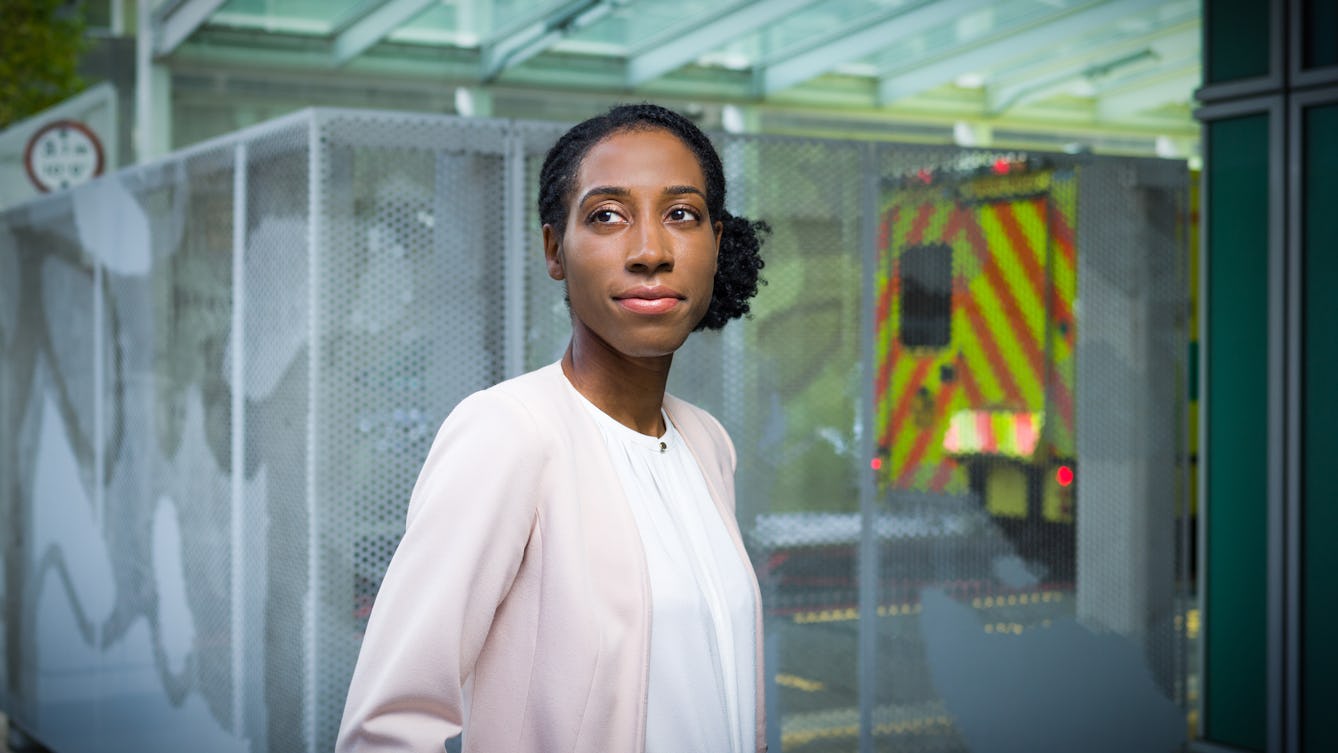
- Article
- Article
Born in the NHS
Despite underfunding, strikes and scandals, the first two decades of the 2000s has seen the British people’s love of and loyalty to the NHS soar.
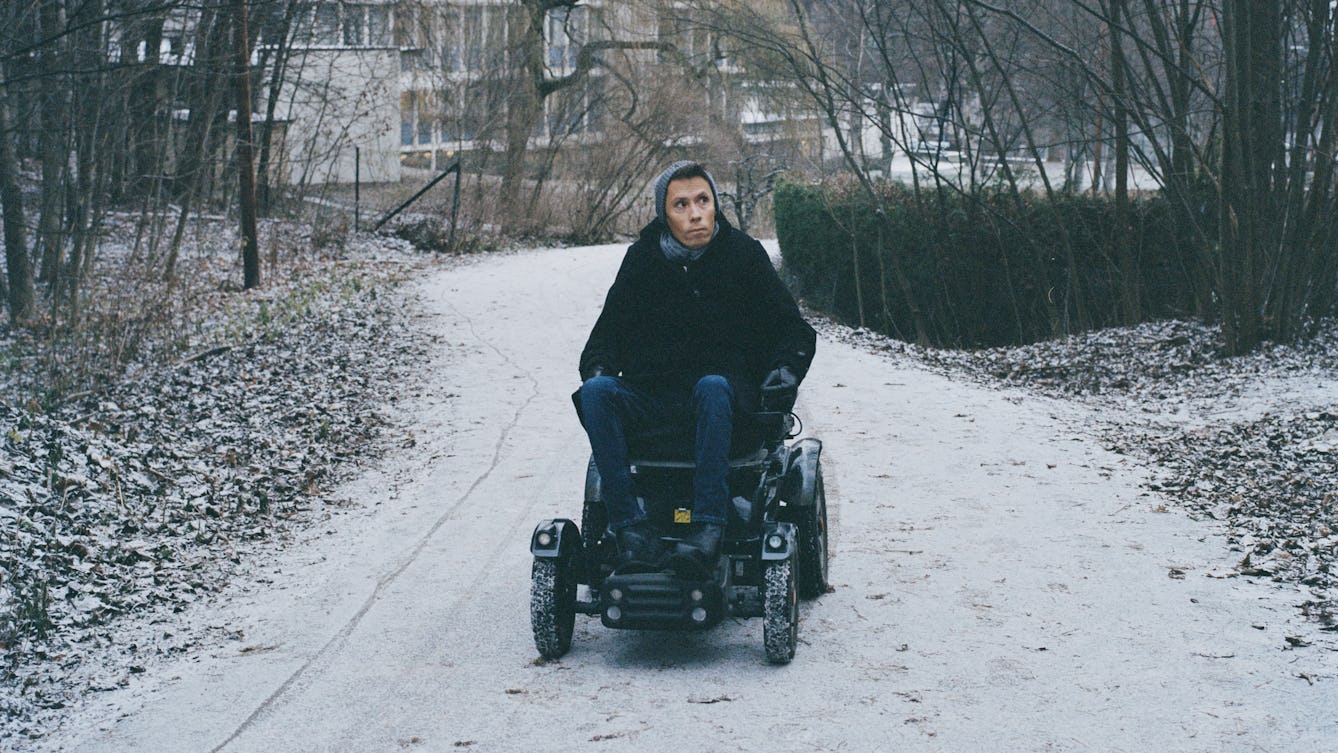
- Article
- Article
A wheelchair in the world
Five years ago, Jan Grue, author of ‘I Live a Life Like Yours’, became a father. A wheelchair user since age eight, Grue explores how parenthood helped him reimagine his relationship with his wheelchair.

- Article
- Article
Diagnosing OCD in the past
Mining the writings of and about famous historical figures, retrospective psychologists try to diagnose their mental health problems. But, inevitably, partial evidence is open to misinterpretation.

- Article
- Article
Thalidomide survivors in the 21st century
As thalidomide survivors enter their 60s, they look back on their lives and the legacy of the thalidomide catastrophe.
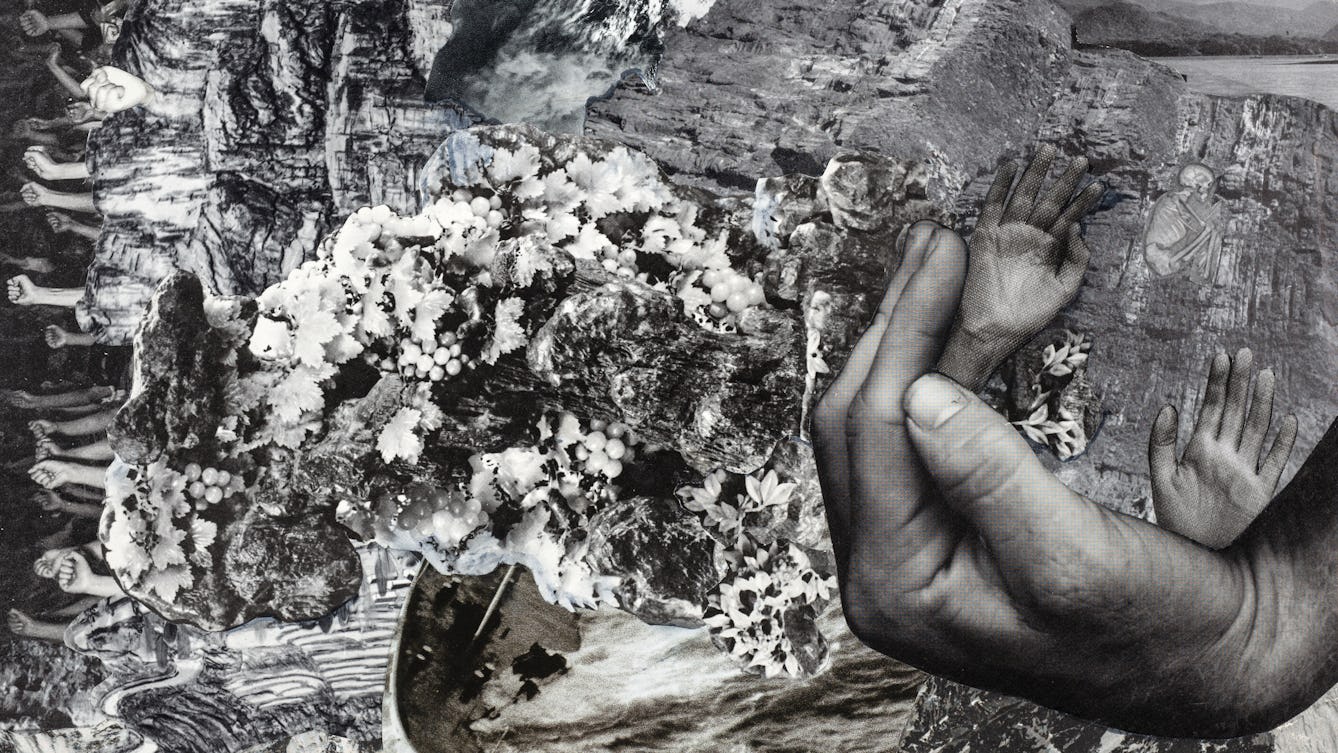
- Article
- Article
Disability in the post-pandemic world
Disabled people have suffered more than most during Covid-19, but there is still a chance to build a kinder society. Dolly Sen explores whether we will come together, or allow more brutal disparities to develop in the worsening recession.

- Article
- Article
Confronting male stereotypes in the classroom
Sometimes men just don’t like football. Writer and teacher Okechukwu Nzelu decides to be himself in front of his students.
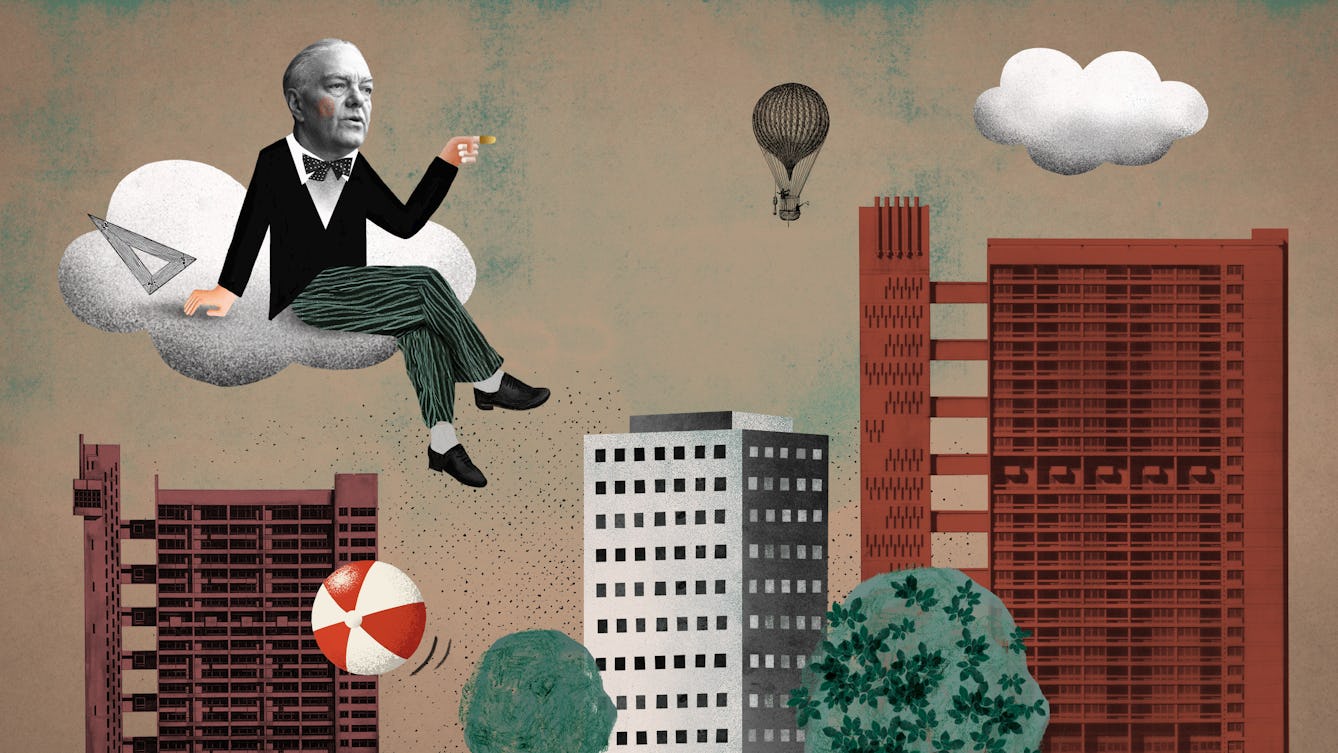
- Article
- Article
The tower in fiction, film and life
The high-rise estates born of postwar idealism soon became symbols of crime and squalor. But after one terrible tragedy, public bodies are being forced to rethink our towers.

- Article
- Article
Building a dream in the garden suburbs
In the late 19th century a ‘garden suburb’ promised a retreat from London’s dirt and crowds. See how this new concept was developed to appeal to the health concerns of the literary classes.

- Article
- Article
Self-obsessing in the age of selfies
The tiny, joyful spark of a social media ‘like’ can lead to a damaging obsession. Find out how far people will go when their phone addiction gets the upper hand.

- Article
- Article
Going viral in the online anti-vaccine wars
‘Anti-vaxxers’ are taking their message online using powerful images as well as words. But is the pro campaigners’ response any better?
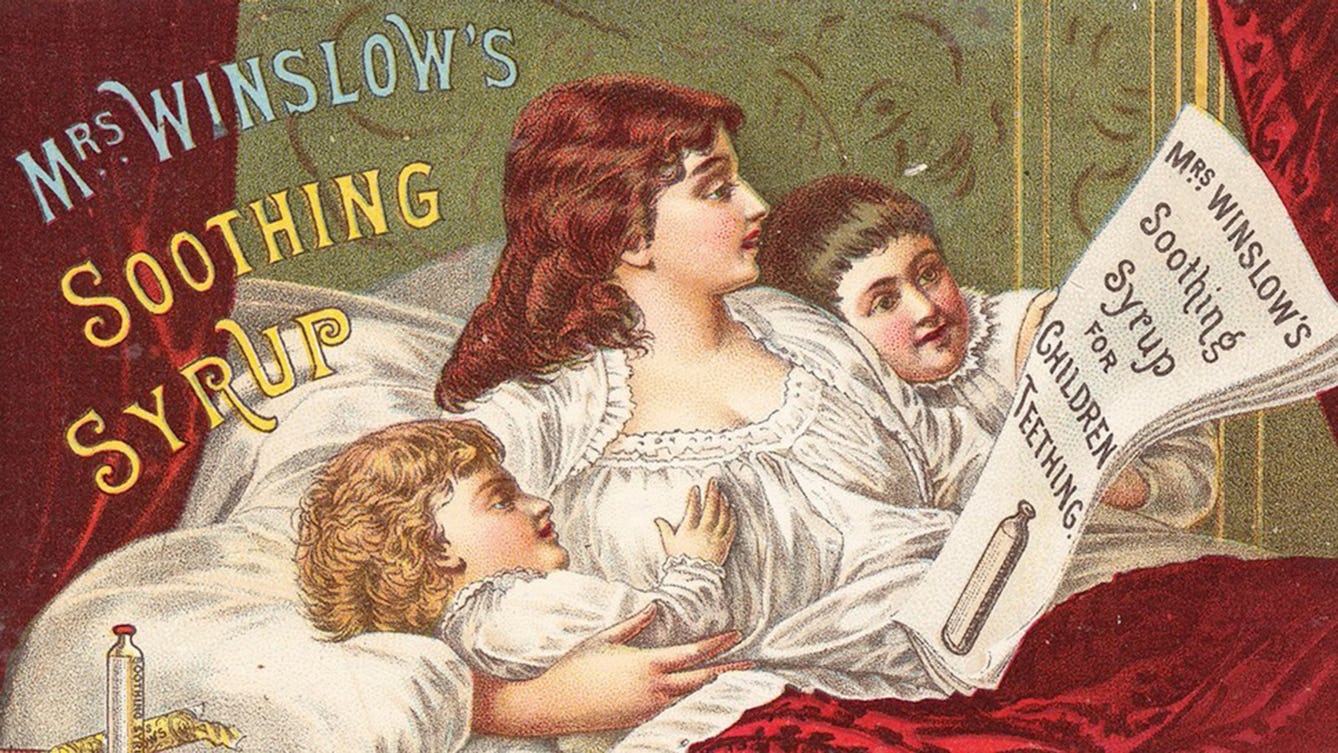
- Article
- Article
The poor child’s nurse
Charming family scenes in Victorian ads for children’s medicines were at odds with some of the dangerous ingredients they contained.

- Article
- Article
“People see the disability but forget the ability”
I’m a disabled Asian woman, and mother of four. I’m trying to show people that we have to talk about disability if we want things to change.
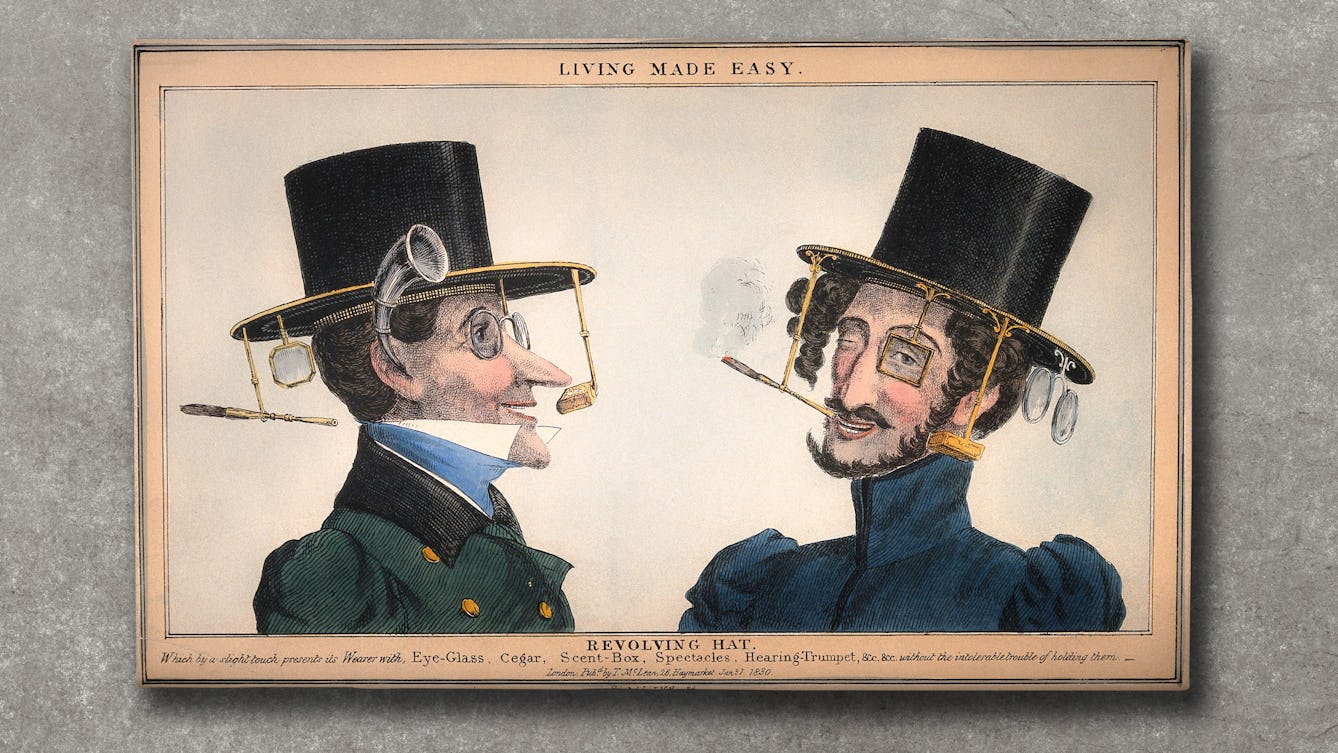
- In pictures
- In pictures
The Victorian perspective on spectacles
When spectacles began to proliferate in the 19th century, some commentators were alarmed. Gemma Almond reveals how the Victorians came to embrace eyewear.
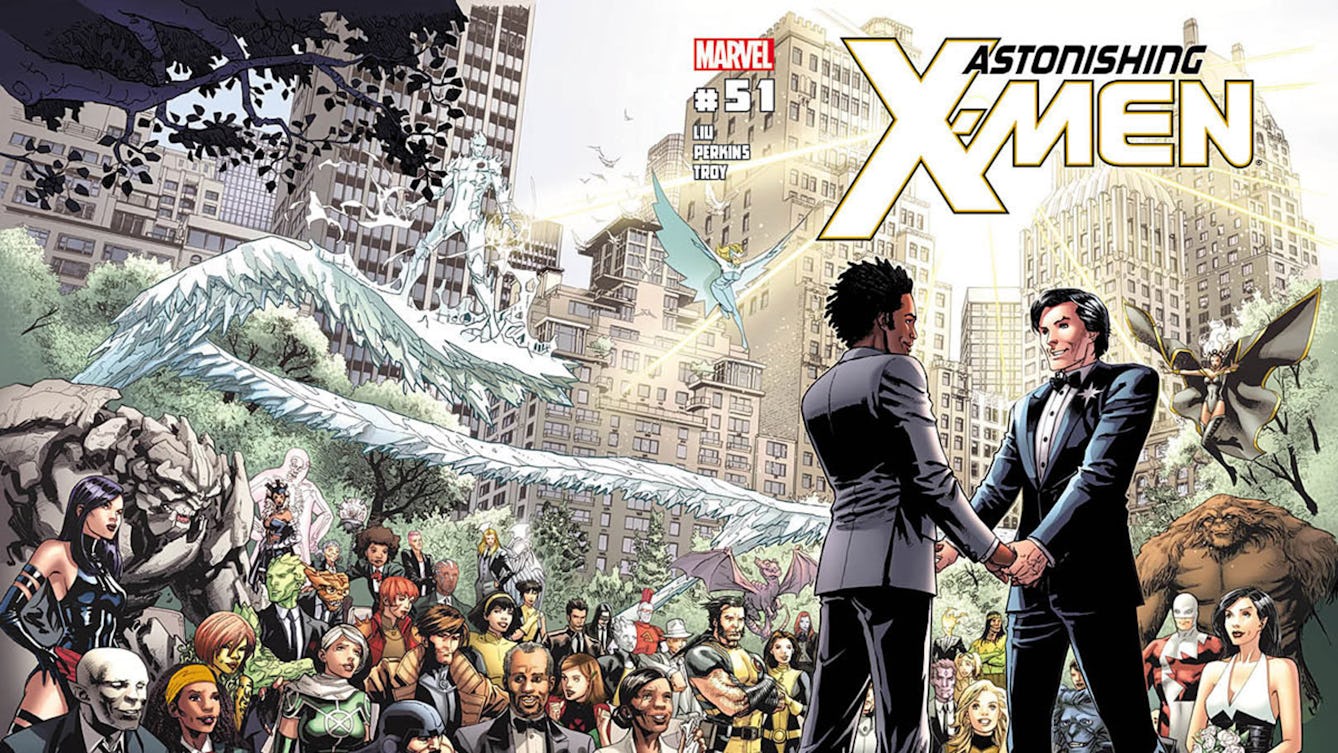
- Article
- Article
Sex in graphic novels
Sex and sexuality have long been explored in the history of the graphic novel.
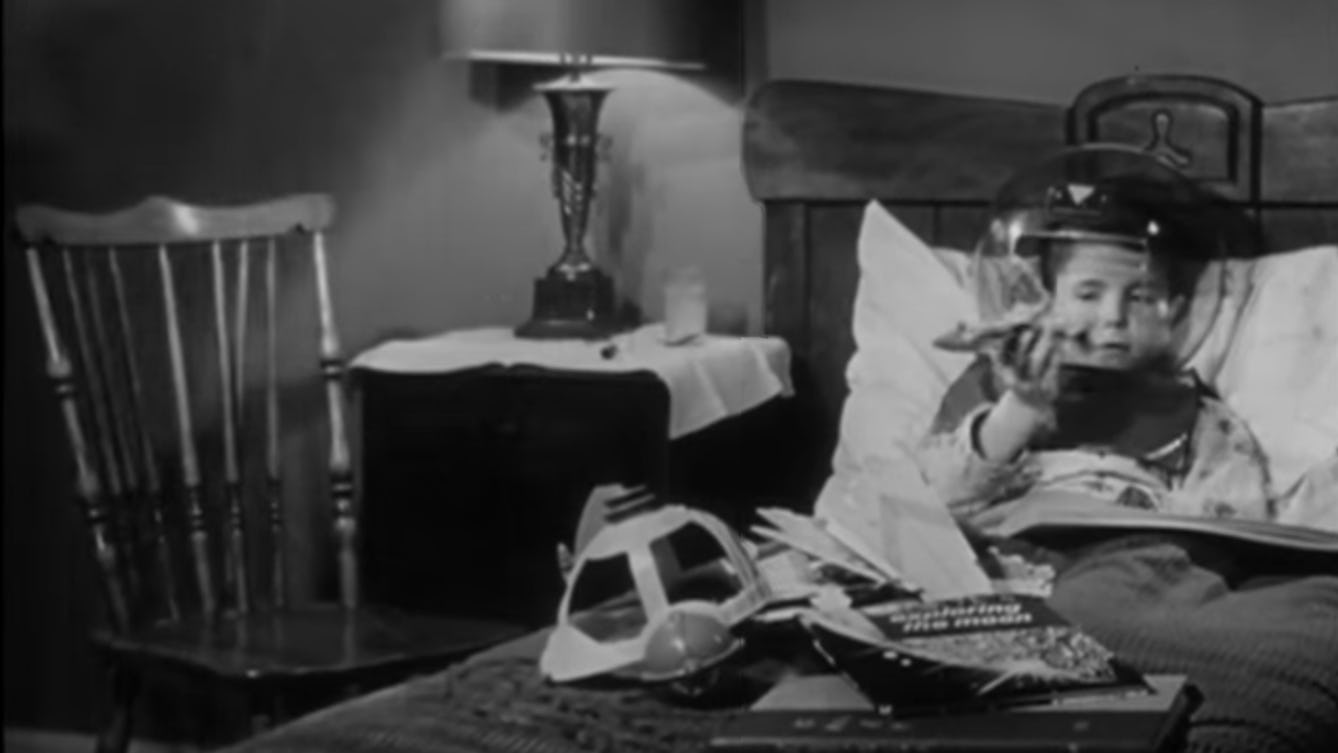
- In pictures
- In pictures
Drugs, space travel and the ‘age of promise’
Space-age wonder drug Terramycin promised utopia, but might instead have triggered one of the biggest threats to our future.

- Article
- Article
Thomas Sankara and the stomachs that made themselves heard
Thomas Sankara’s vision to transform farming and health in Burkina Faso turned to dust with his assassination. Perry Blankson highlights the considerable achievements of Sankara’s brief span in power.
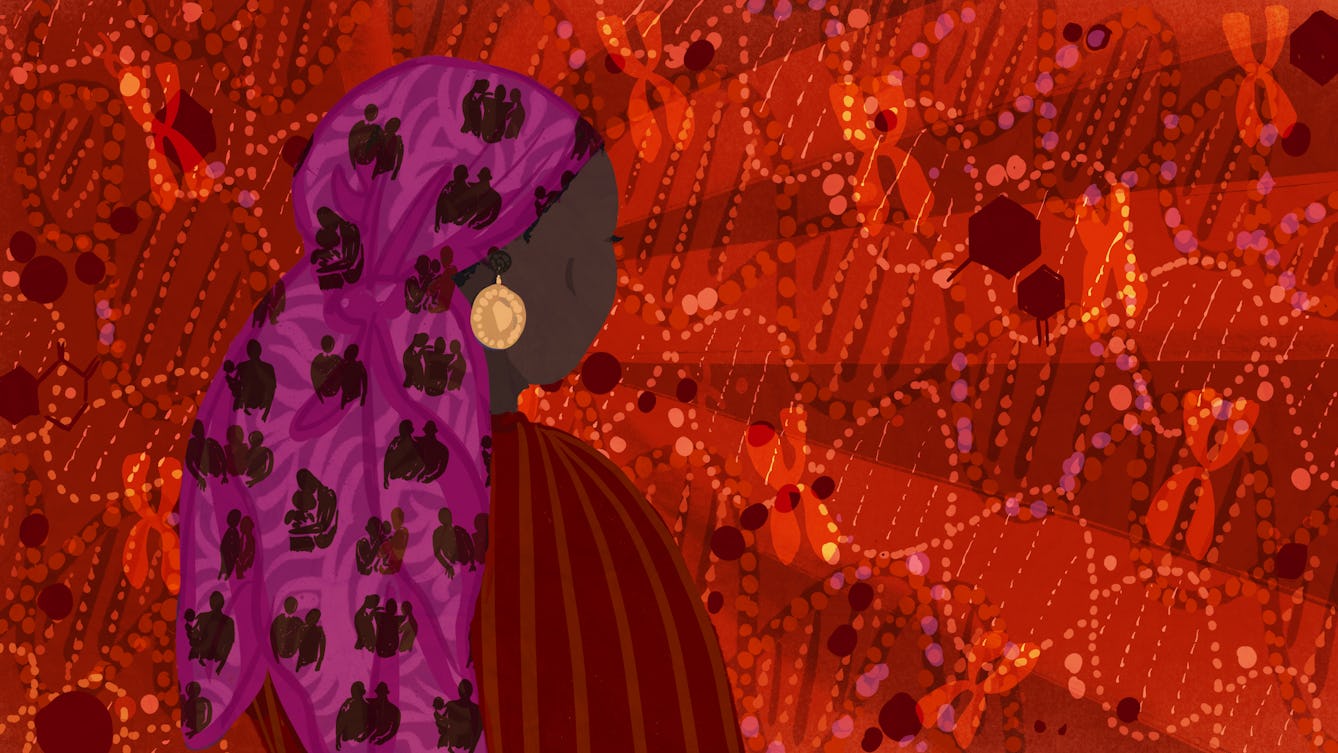
- Article
- Article
Equality in genetics
Genetic counsellor Sasha Henriques harnessed her energy and resolve to tackle the racial biases she saw in her profession – with positive and promising results.
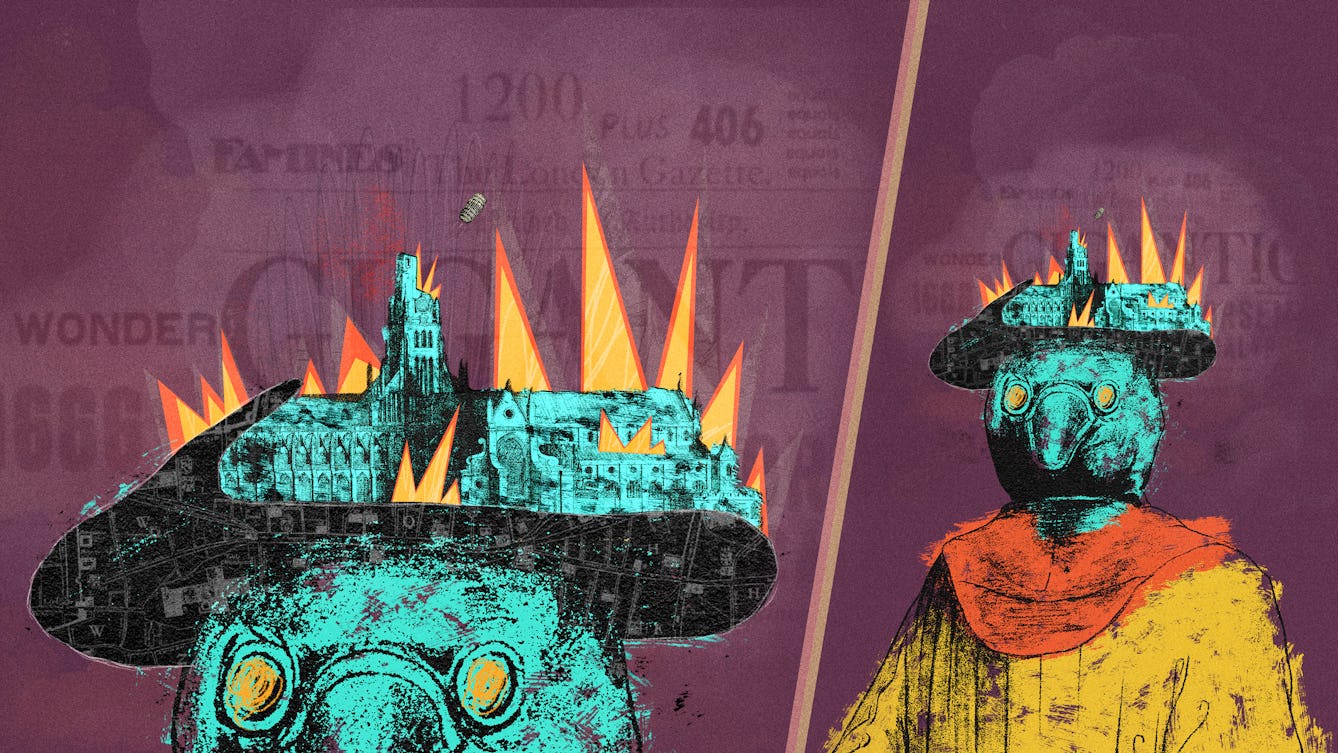
- Article
- Article
Devilry and doom in 1666
Disastrous events and a significant combination of numbers signalled the end – or perhaps a new beginning – in 1666. But for some, this feverish period fuelled unprecedented inventiveness and development.